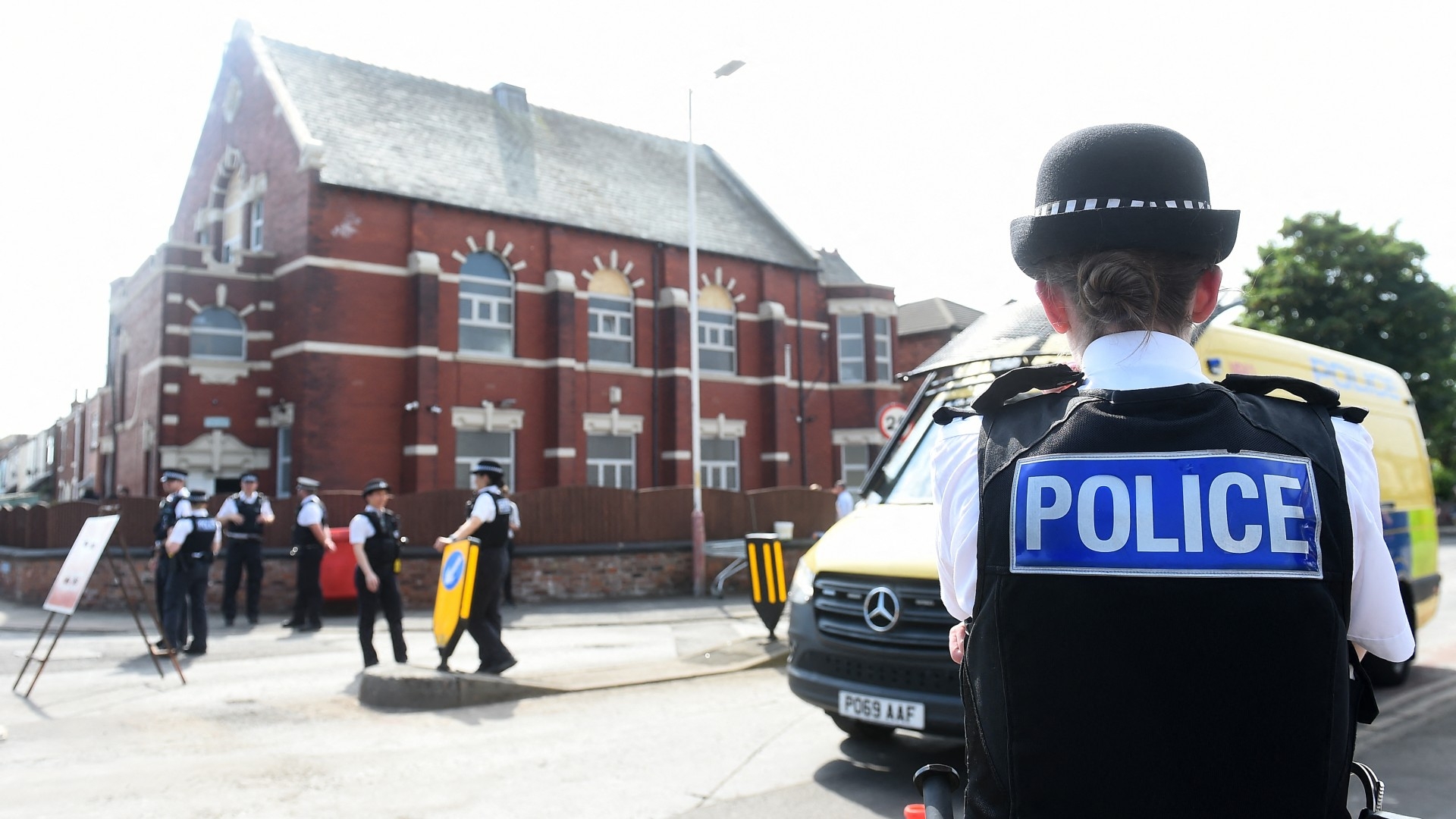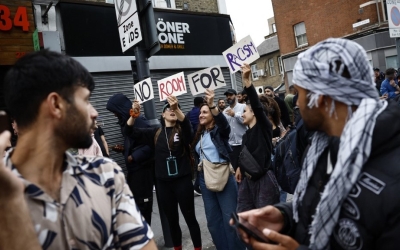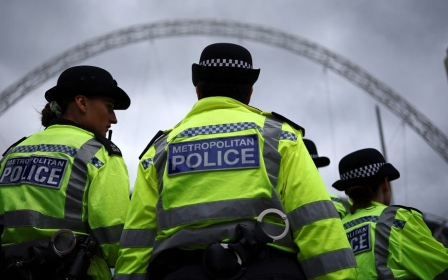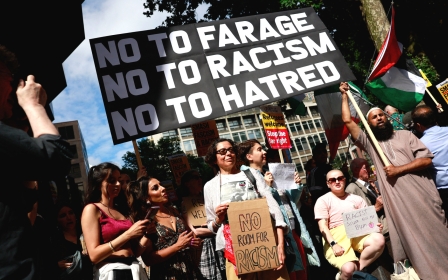UK government wants police to start recording non-criminal hate incidents

The UK government is considering requiring police to record non-criminal hate incidents, in a move designed to tackle antisemitic and Islamophobic abuse, the Times reported on Monday.
Home Secretary Yvette Cooper is looking into reversing reforms made by the Conservative government, which introduced a new threshold for when police should record the personal information of someone over a hate incident which did not constitute a crime.
Suella Braverman, the former Conservative home secretary, issued guidance stating that incidents should only be recorded when "clearly motivated by intentional hostility" and when there was a "real risk of escalation causing significant harm or a criminal offence".
According to the report in the Times, Cooper is concerned that the new guidance is making it difficult for the police to monitor and identify tensions and threats to Jewish and Muslim communities which may escalate to violence.
In recent months, there has been an uptick in antisemitic and Islamophobic incidents in the UK, particularly since the Hamas-led attacks on southern Israel on 7 October, and Israel's subsequent war on Gaza.
New MEE newsletter: Jerusalem Dispatch
Sign up to get the latest insights and analysis on Israel-Palestine, alongside Turkey Unpacked and other MEE newsletters
Antisemitic incidents have doubled since then, while Islamophobic incidents have tripled.
Earlier this month, far-right rioting broke out in several parts of the UK, partly motivated by Islamophobia. Several mosques were attacked and anti-Muslim chants were heard during the rioting.
A Home Office spokesperson said: “The Home Office has committed to reverse the decision of the previous government to downgrade the monitoring of antisemitic and Islamophobic hate, at a time when rates of those incidents have increased.
“It is vital that the police can capture data relating to non-crime hate incidents when it is proportionate and necessary to do so in order to help prevent serious crimes which may later occur.
"We are carefully considering how best to protect individuals and communities from hate whilst also balancing the need to protect the fundamental right to free speech.”
Middle East Eye delivers independent and unrivalled coverage and analysis of the Middle East, North Africa and beyond. To learn more about republishing this content and the associated fees, please fill out this form. More about MEE can be found here.





